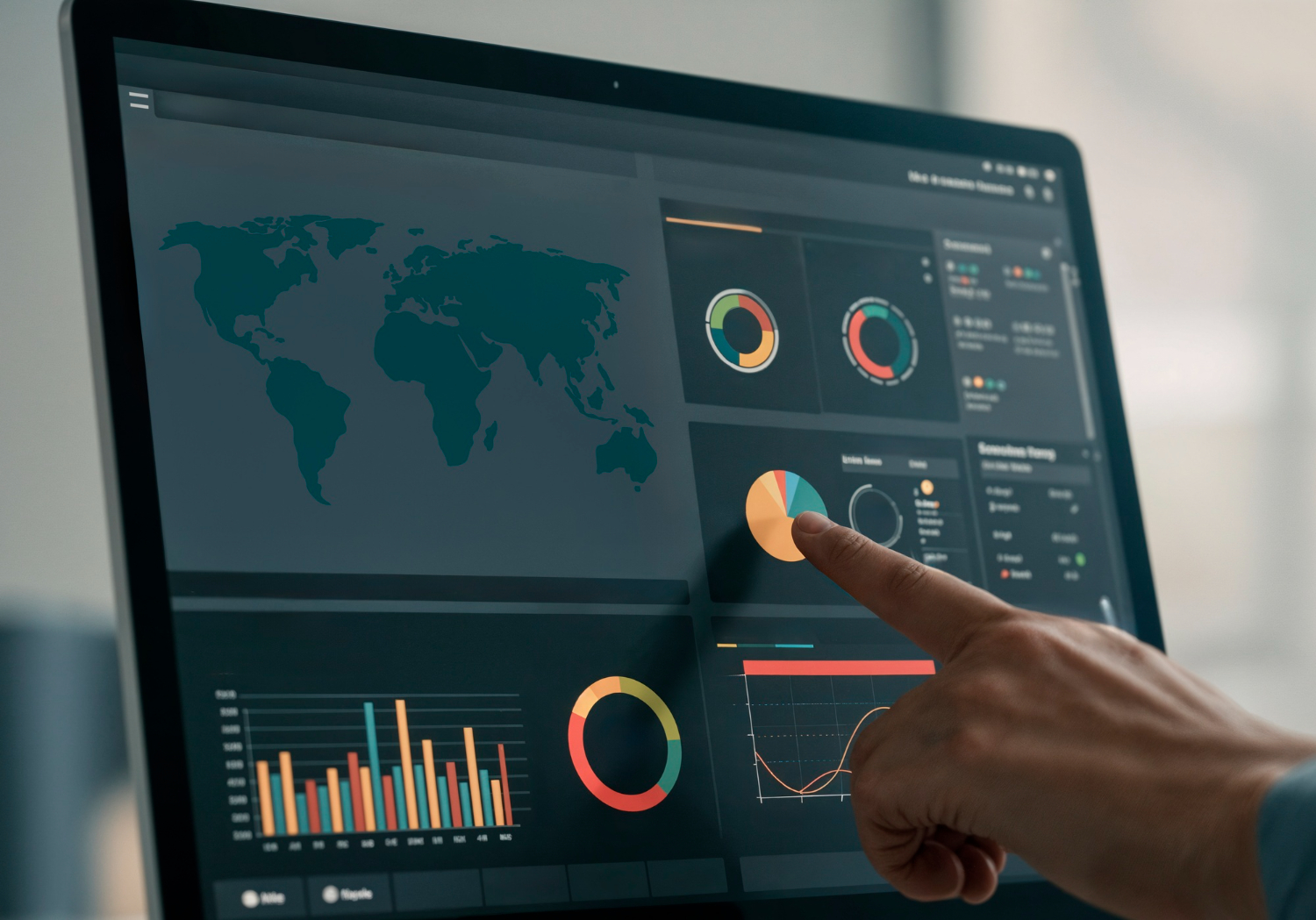Understanding the Impact of Data Science and AI in Healthcare
May 12, 2023
4 min. reading time
As the use of Data Science and Artificial Intelligence (AI) continues to grow, the Healthcare industry has been testing the utility of these tools in order to drive measurable outcomes. Probably the most visible and failed effort was IBM Watson Health which was supposed to revolutionize and democratize health care using AI. After billions spent and 10+ years, it was sold for parts to private equity.
Thankfully technology has rapidly advanced and with the ability to analyze vast amounts of data, identify trends and patterns, and provide predictive insights, Data Science and AI can help support the way healthcare is delivered. In this blog post, we will explore the ways in which data science and AI are being applied in the healthcare sector and the measurable outcomes that are being achieved.
Advancements in Healthcare Enabled by Data Science and AI
Improved Diagnosis Accuracy
One key area where Data Science and AI can have a significant impact is in the accuracy of medical diagnosis. By analyzing patient data, including medical histories, test results, and other relevant data points, AI tools can identify patterns and predict potential outcomes with a high degree of accuracy. This can lead to faster diagnoses and more effective treatments. Wolters Kluwer Uptodate has been advancing AI as part of their clinical decision support tool sets with positive outcomes globally.
Predictive Analytics and Treatment Recommendations
Another area where Data Science and AI can be used to drive significant improvements is in predictive analytics. By analyzing patient data in real-time, AI tools can identify potential risks and make recommendations for treatment options. This can help healthcare providers make more informed decisions about patient care, leading to better health outcomes and reduced costs. For instance, predictive models using are being deployed for early identification of sepsis that can lead to high mortality rate if not caught early. Machine learning algorithms take in blood panels, vital signs and demographic data and can help predict which patients in ICU might become septic. Click here for further analysis.
Streamlined Operations
In addition to improving medical outcomes, Data Science and AI can also be applied to streamline healthcare operations. By automating processes and analyzing data on things like patient wait times and physician utilization, healthcare providers can optimize their operations and reduce costs. This is not only important in private health care setting but increasingly critical in public health systems such as in many European countries. Gaining better understanding of the diagnosis, treatments, patient demographics and staffing can help manage shifts and have the right kind of mix of physicians and nurses and support staff available especially in emergency rooms.
Measurable Outcomes Achieved with Data Science and AI in Healthcare
Reduced Hospital Readmissions
One key outcome that has been achieved through the use of Data Science and AI in healthcare is a reduction in hospital readmission's. By analyzing patient data and identifying potential risk factors, healthcare providers can take proactive measures to prevent readmission's. This can lead to significant cost savings and improved patient outcomes. Particularly in the United States, tracking and avoiding hospital acquired conditions (HAC) is critical due to the impact to quality metrics. ML models can help identify potential root causes for HACs and help staff adjust protocols.
Improved Chronic Disease Management
Data Science and AI tools can also be used to improve chronic disease management. By analyzing patient data and identifying trends, healthcare providers can develop personalized treatment plans that are more effective in managing chronic conditions like diabetes and heart disease. Particularly treatment of diabetes has advanced significantly in the past several years with new open source approaches to adjusting insulin pumps based on ML model learning from a large set of population.
More Efficient Use of Healthcare Resources
Finally, Data Science and AI can be used to optimize the use of healthcare resources. By analyzing data on patient flow and resource utilization, healthcare providers can make more informed decisions about staffing, scheduling, and equipment utilization. This can help reduce wait times and improve patient satisfaction. United States healthcare system relies on insurance companies that require detailed coding on the treatment of patients in order to pay the providers. AI can help optimize the coding based on activities performed and how they are being reported to various different payors. Complexity that is often managed by humans and prone to errors can be augmented or automated using ML models and AI.
Conclusion
The use of Data Science and AI in Healthcare is already having a significant impact on patient care and the industry as a whole. From improved diagnosis accuracy to more efficient use of healthcare resources, data science and AI are helping to drive measurable outcomes that are improving patient care and reducing costs. As these tools continue to evolve, we can expect to see even greater advancements in healthcare enabled by data science and AI.



